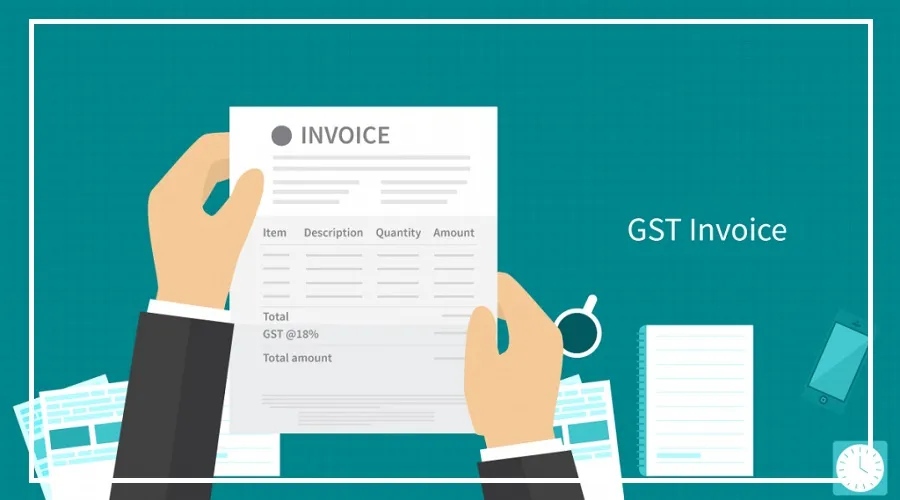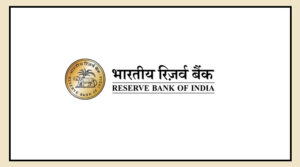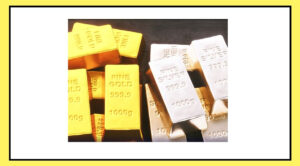On 15 August, Prime Minister Narendra Modi announced big reforms in the Goods and Services Tax (GST).
The government’s decision aims to reduce the tax burden on people and increase consumption.
Investors are calling this move a “surprise gift” as stock prices of auto, cement, consumer goods, and financial companies have already risen.
The reason is simple — lower prices usually increase demand, which is good for the economy.
Key Changes in GST Structure
Currently, GST has four tax slabs — 5%, 12%, 18% and 28%. The government is now planning to shift to a two-tier structure by removing the 12% and 28% slabs.
However, a higher GST of up to 40% may be charged on “sin goods” like tobacco, cigarettes, pan masala, and gambling.
Experts believe this reform will:
Boost consumption.
Make business easier with simpler rates.
Reduce tax evasion and bring more businesses into the formal economy.
Sectors Likely to Gain
Automobiles: If GST on passenger vehicles and two-wheelers falls from 28% to 18%, companies like Maruti, Hero, TVS, Eicher, Tata Motors, and Ashok Leyland will benefit.
Consumer Durables: Lower GST on items like air-conditioners and white goods may increase demand, helping companies such as Voltas and Havells.
Cement & Real Estate: Cement currently has 28% GST. If reduced to 18%, cement prices could drop by 7.5–8%.
This would support real estate developers, as cement makes up 4–5% of housing costs in big cities. But the government may lose ₹20,000–25,000 crore in revenue.
Food, Beverages & Healthcare Impact
Food & Beverages: Products like dairy, bottled water, juices, and packaged snacks may move from 12% to 5% GST.
Companies such as Bikaji, Gopal Snacks, Nestle India, and Dabur may face lower margins.
Ayurvedic Products: Firms like Dabur and Emami could benefit if many Ayurvedic items shift from the 12% to 5% slab.
Insurance & Healthcare: The government is also considering reducing GST on health and life insurance. For example, if GST on term insurance drops from 18% to 5%, companies like Max Financial will gain.
Indirectly, insurers like Star Health and ICICI Lombard may benefit from higher vehicle sales.

























